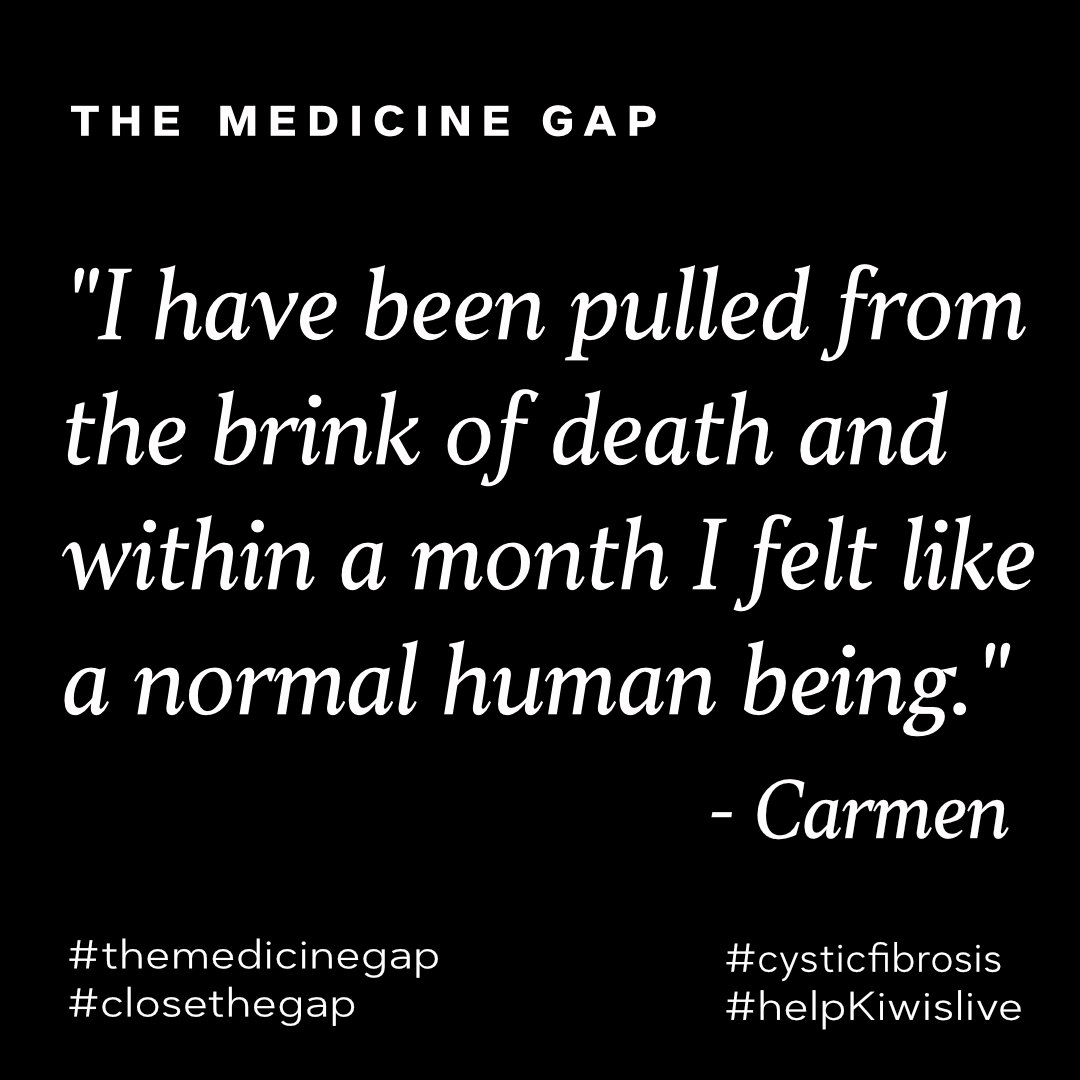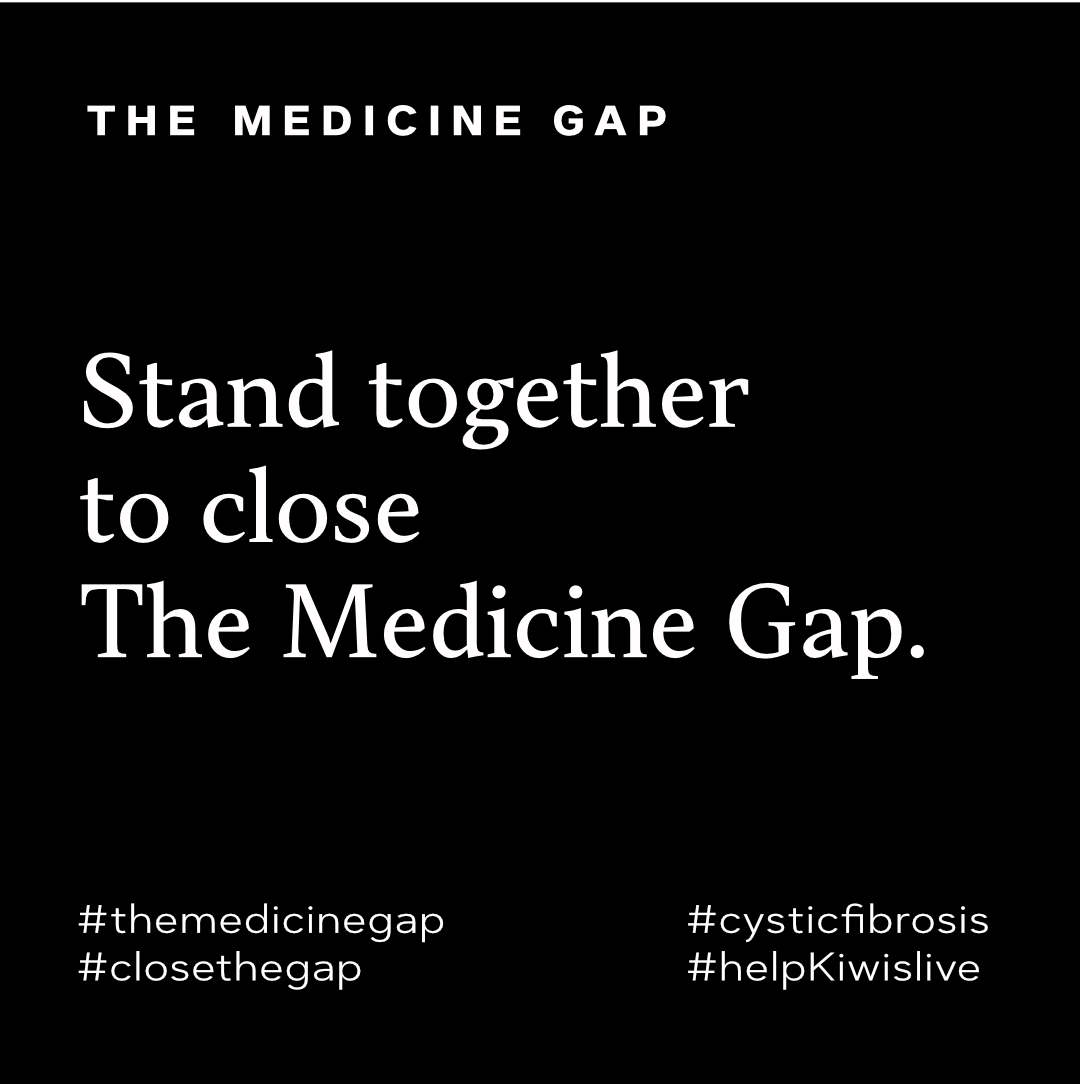

In August, Carmen Bell was sitting in the patient’s lounge at Greenlane Hospital waiting to see the lung transplant team.
At 39 years old, the Auckland mother-of-one had defied the odds and outlived the average life expectancy of someone with cystic fibrosis, but the disease had destroyed her lungs.
Carmen was spending hours using physiotherapy and a nebuliser to try to dislodge the thick, globular mucus that lines her lungs, battling debilitating body aches, muscular pains and chronic fatigue. Her breathing was shallow, and her hacking, productive cough had been a daily, often hourly, part of her life since she was a toddler. It had grown progressively worse with age and was amplified post pregnancy.
“I was in a very dark place in August. I had been in hospital five times over the past year and clinicians were not giving me much hope for improvement. I thought this can’t continue. I need to start writing letters to Casey, my 7-year-old son, because I know I won’t be here when he’s a teenager.”
Carmen needed a drug called Trikafta, an expensive medicine developed by the American pharmaceutical company, Vertex, which can turn cystic fibrosis from a life-threatening disease into a manageable illness.
“The lung transplant was really my only option at that stage. It was risky, but it would hopefully give me a few more years with my son,” she says.
Carmen was waiting in the patient’s lounge when a respiratory nurse from a different area of the hospital called and asked her to make an appointment.
“I said ‘I’m already here, I’m waiting to see the transplant surgeon, come and see me’.”
The next five minutes changed the course of Carmen’s life. The nurse arrived and handed her a brown paper bag.
“I looked inside, and I saw the pills. It was Trikafta. The drug company had put me on their managed access programme. I just … I just couldn’t believe it.”
Last week, Pharmac, New Zealand’s drug-buying agency, announced its recommendation to fund Trikafta, labelling it a “high priority” treatment for an estimated 400 people who carry the most common genetic mutation of cystic fibrosis.

Drug companies sometimes offer countries managed access programmes when there is an “unmet medical need”, and a possibility of funding. Clinicians can apply for Trikafta on behalf of their patient and if they meet Vertex’s criteria, they will receive the medicine for free. The access is capped. It’s usually only granted to a small number of patients.
Trikafta has an annual list price of $330,000 and while Pharmac will negotiate a discount, it is estimated the agency will require an additional $60 million in Government funding to access the drug.
Carmen said she was shell-shocked to be included in the managed access programme and broke the news to the transplant team when she met them a few minutes later.
“They were just so happy for me. They said they hoped they would never see me again.”
The next morning, Carmen swallowed two pills and says she hasn’t looked back. She says for the first time in her life, she is a fully functioning human.
“It’s been three months since I took that first dose and I can breathe like an Olympic swimmer. Sometimes I take in huge gulps of air just because I can. It’s incredible.”
“I want to feel my chest inflate. I want to feel it expand. People who don’t have lung disease will never understand it, but it means so much to be able to breathe.”
Carmen says the medical thinking about what had previously been considered permanent lung damage has changed.
“I am living proof that Trikafta can help the lungs to heal and clinicians are excited about what this means for patient outcomes over the long term. This is huge, it really is.”

In July, the drug’s developer, Vertex Pharmaceuticals, applied to Pharmac to fund the drug for people aged 6 and over. It also applied to Medsafe, New Zealand’s medical devices’ regulator, for market approval, and was granted priority assessment status.
Carmen is urging the Government to view Trikafta as money well spent. Instead of costing the health system millions of dollars every year, the drug enables New Zealanders to contribute to society, and unburden an already struggling health system.
“I have been pulled from the brink of death and within a month I felt like a normal human being. If every person with cystic fibrosis was given a chance to contribute to society, I promise you they won’t disappoint you.”
Later this month, Pharmac’s Pharmacology and Therapeutics Advisory Committee (PTAC) will consider evidence and provide additional advice to determine where the drug should be ranked compared to another 73 drugs awaiting funding on Pharmac’s Options for Investment list.
Rachel Smalley is a former journalist and a founder of The Medicine Gap, a public campaign highlighting the human impact of New Zealand’s unfunded medicines.

Show your support.
Please share Carmen’s story.
New Zealand needs access now to modern medicines to treat Cystic Fibrosis.




Other Voices
Let’s close the Gap
Get Involved1.
REFORM
PHARMAC
Achieve a measurable, political commitment to reform Pharmac and create a fit-for-purpose drug-buying agency that supports and enables greatly improved access to modern medicines – and ensure a direct line of political accountability.
2.
OVERHAUL THE FUNDING
METHODOLOGY
Introduce a globally accepted modern, cost-benefit analysis for medicines and medical devices which looks at the ‘value’ of a medicine, and considers the financial, economic, and social impact of untreated disease on our society.
3.
COMMIT TO AN OUTCOMES-BASED MEDICAL STRATEGY
Develop a Medicines Strategy to guide the decision-making process, create measurable targets to reduce Pharmac’s waiting list, and detail how the agency will respond to rapid developments in modern medicine to improve health outcomes for New Zealanders.